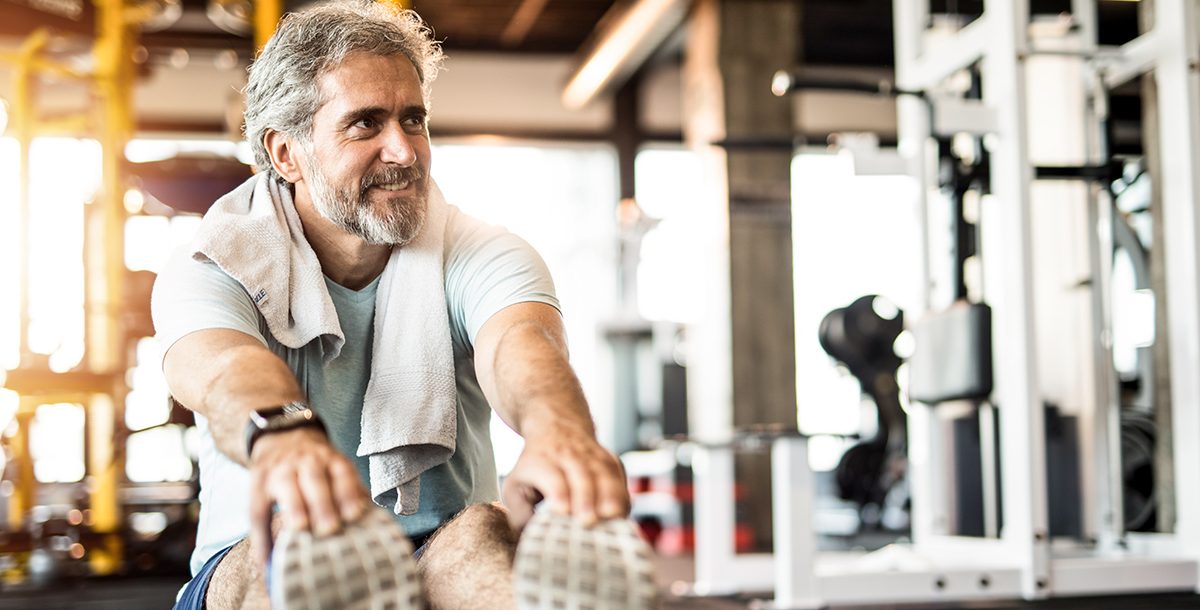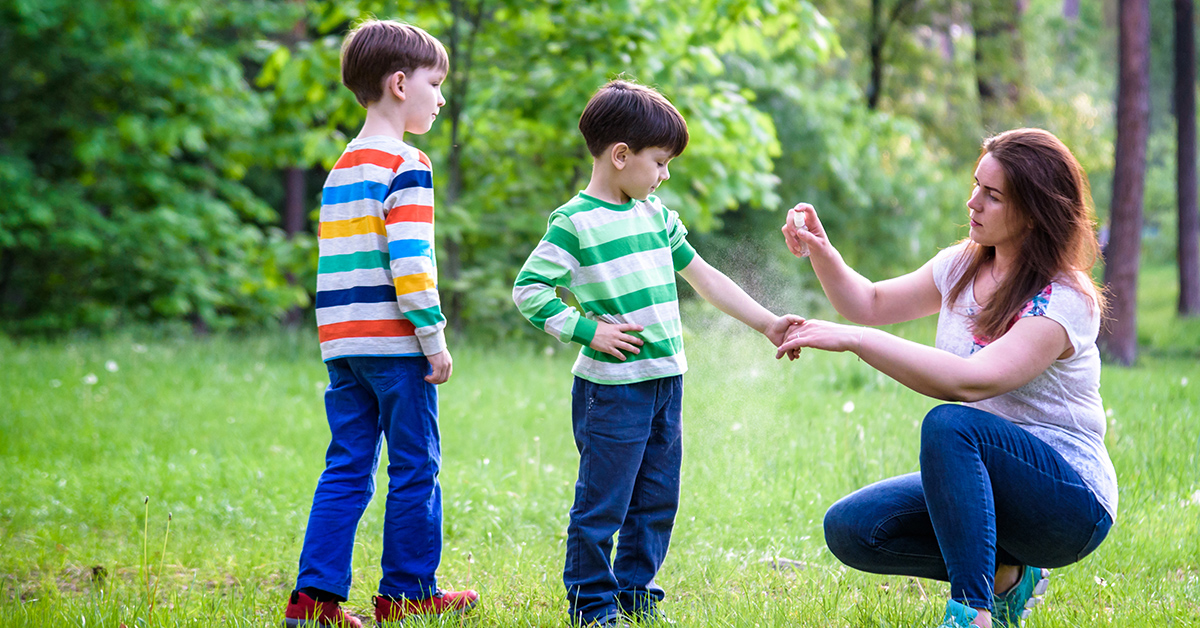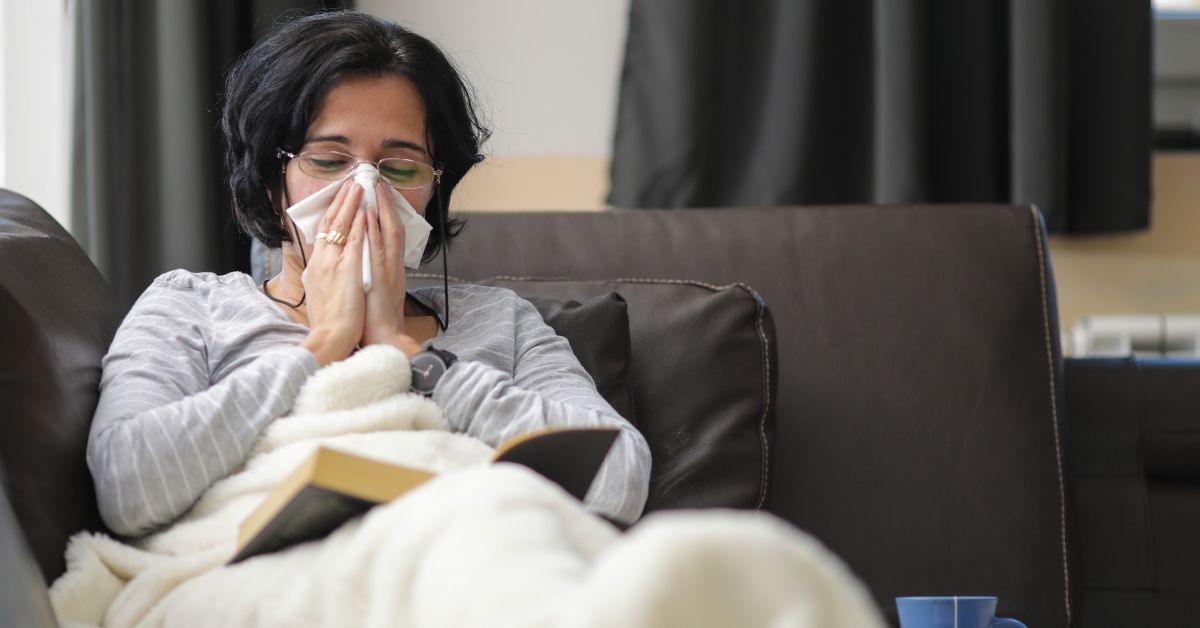Even after cancer treatment ends, cancer survivors often find themselves facing new challenges in life. Some might need to cope with late side effects or even the psychological toll of the experience.
Here are some tips for creating a physically and emotionally healthy life after cancer treatment.
Return for follow-up appointments
The thought of a doctor delivering a new round of bad news can be frightening. However, don’t let your fear steer you away from follow-up appointments. Think of these appointments as opportunities to learn more about your body and voice your concerns about symptoms.
Follow-up tests can be nerve racking as well. But they give doctors a chance to catch any new issues as early as possible. Show up to any follow-up tests or scans that your health care provider recommends.
Find emotional outlets
It’s not uncommon for cancer survivors to experience a range of negative emotions and moods. You might fall into depression after cancer treatment or become anxious about the possibility of recurrence. You might even feel lonely that no one else in your life quite understands your feelings.
Rather than keep all of this to yourself, look for outlets that help with managing your emotions after cancer treatment. Consider talking to a therapist or join a support group for survivors, where you can swap stories and advice with people who have had similar experiences. These types of connections can be made virtually too, if needed.
Be active
Sticking to a regular exercise routine can have all sorts of benefits for you. It can help increase your strength and stamina while also boosting your mood and energy levels. It also helps boost your immune system.
You’ll likely need to ease yourself into a routine, rather than diving headfirst into intense workouts. Your health care provider should be able to offer some suggestions about how hard or how long your initial workout sessions should be.
Perhaps the simplest way to get started, especially if you didn’t exercise much before cancer, is to take regular walks or jogs around the neighborhood. Incorporate strength training as well, starting at a low resistance.
To ensure you stick with a routine, embrace activities that you actually enjoy. That might include dancing or swimming or some other fun but active pastime.
Eat well
Begin to reevaluate your diet. Aim to add more than 2.5 cups of fruits and veggies to your daily menu. This will boost your intake of vitamins and healthy carbs. When it comes to sources of protein, turn to fish, eggs, nuts and legumes. Fish and nuts are also sources of healthy fats.
Depending on your circumstances, you may have lost or gained weight during your treatment. Your primary care provider or a dietitian can advise on ways to safely gain back or lose weight after cancer treatment.
Let go of bad habits
If you used to rely on tobacco or alcohol to handle your stress, now is the time to let go of those habits. Both smoking and drinking can increase your risk of developing different types of cancer.
Better ways to handle your stress include meditation techniques, counseling or medications. Spending more time with those you love can also help you better manage your stress levels and overall mental well-being.
Be aware of after cancer treatment side effects
Side effects from your treatment can still show up during remission. The effects will vary depending on factors such as the treatment, type of cancer and your body. So, talk with your health care provider about what side effects are normal and which are signs of complications. This can go a long way in easing your mind.
Learn about the cancer care and oncology services we offer at Bon Secours.





